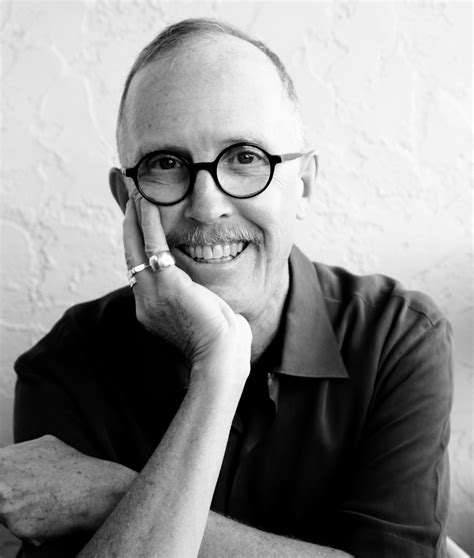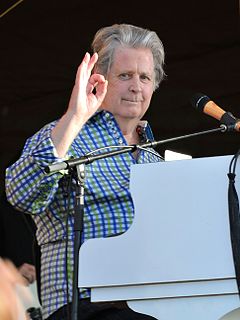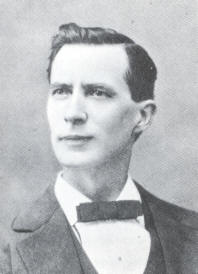A Quote by John Barton
Related Quotes
The wisest is he that knows only that he knows nothing. God only knows. We mortals are only troubled with morbid little ideas, sired by circumstance and damned by folly. The human head can absorb only the flavorings of its surroundings. We assume that our faith political and our creed religious are founded upon our reason, when they are really made for us by social conditions over which we had little control.







































